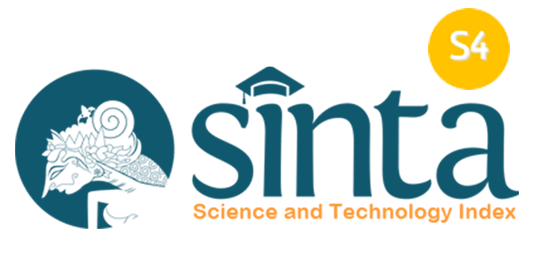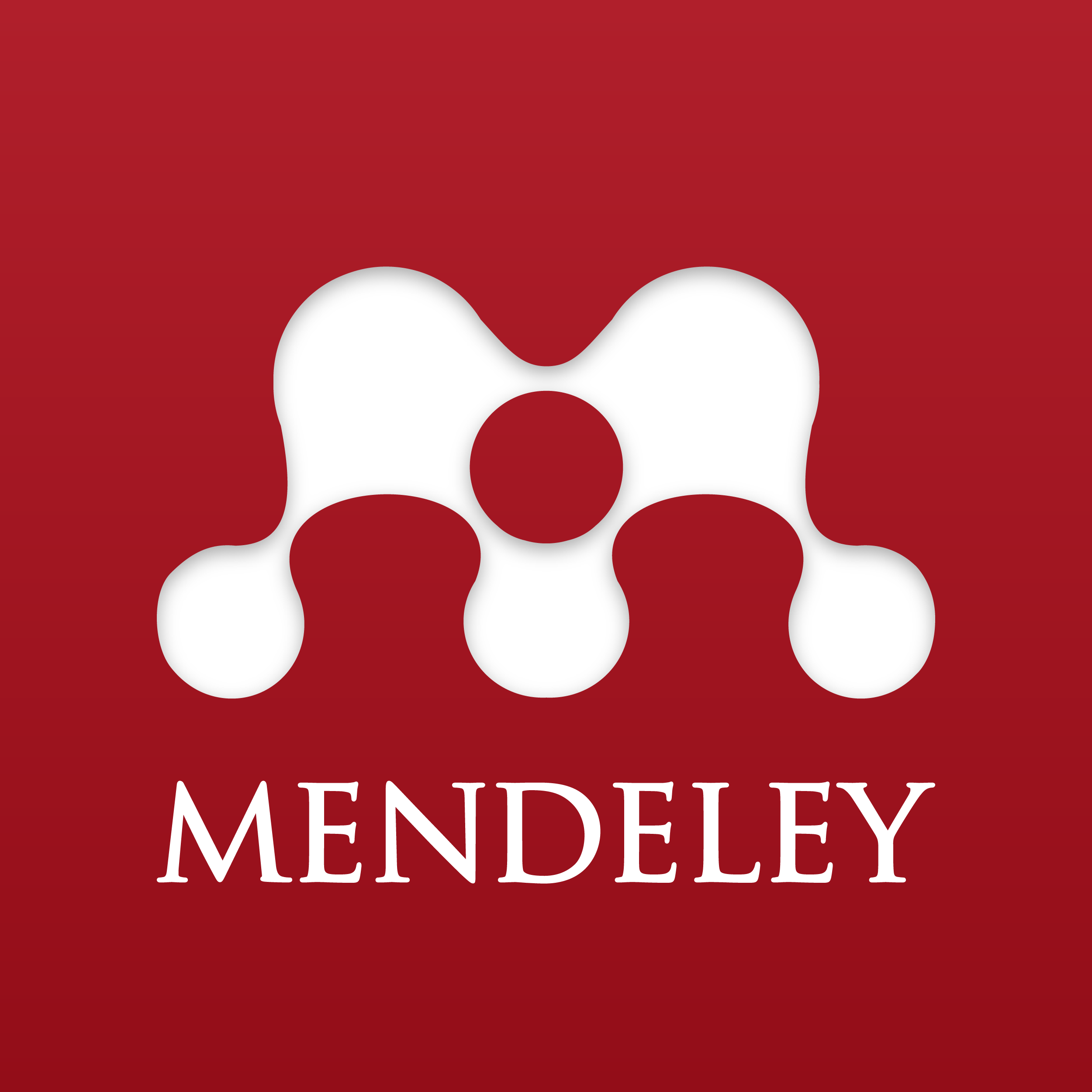CAPTURING STUDENT’S PROFILE OF NATURE OF SCIENCE IN SEKOLAH INDONESIA KUALA LUMPUR
Abstract
The purpose of this research is to analyze the profile of students’ Nature of Science (NOS) of 7th, 8th and 9th grade Junior High School in Sekolah Indonesia Kuala Lumpur. Descriptive method is used to describe the current condition of students’ Nature of Science (NOS) after science lesson on interaction of organisms and its environemnet topic conducted in the class. The data in this research is gained through constructed response item test that is given without any academics treatment before. The result shows that the tentative Nature of Science (NOS) aspect is the most achieved by the students, while creative and imaginative nature of scientific knowledge possess the least. This research suggested the teachers to execute learning activity that cover the entire aspects of Nature of Science (NOS).
Keywords
References
Abd-El-Khalick, F. (2013). Teaching with and About Nature of Science, and Science Teacher Knowledge Domains. Science & Education, 22(9), 2087-2107.
Akerson, V. L., Abd-El-Khalick, F., & Lederman, N. G. (2000). Influence of a reflective explicit activity-based approach on elementary teachers' conceptions of nature of science. Journal of research in Science Teaching,37(4), 295-317.
Arikunto, S. (2010). Manajemen penelitian. Jakarta. Bumi Aksara.
Buxner, S. R. (2015). Exploring How Research Experiences For Teachers Changes Their Understandings Of The Nature Of Science And Scientific Inquiry. Journal of Astronomy & Earth Sciences Education (JAESE), 1(1), 53-68.
Çelik, S., & Karataş, F. Ö. (2015). Relationship Between Pre-Service Teachers’ Views of Nature of Science and Their Study Subjects. Kastamonu Eğitim Dergisi, 23(2), 755-772.
Chen, S. (2006). Development of an instrument to assess views on nature of science and attitudes toward teaching science. Science Education, 90(5), 803-819.
Cohen, L., Manion, L., & Morrison, K. (2007). Research Methods in Education. London and New York: Routledge.
Erickson, F. (2012). Qualitative research methods for science education. InSecond international handbook of science education (pp. 1451-1469). Springer Netherlands.
Fraenkel, J.R., Wallen, N.E., & Hyun, H.H. (2007). How to Design and Evaluate Research in Education. San Francisco: Mc Graw Hill.
Hayes, K. N., & Trexler, C. J. (2016). Testing predictors of instructional practice in elementary science education: The significant role of accountability. Science Education, 100(2), 266-289.
Lederman, N. G., Abd‐El‐Khalick, F., Bell, R. L., & Schwartz, R. S. (2002). Views of nature of science questionnaire: Toward valid and meaningful assessment of learners' conceptions of nature of science. Journal of research in science teaching, 39(6), 497-521.
Matthews, M. R. (2012). Changing the focus: From nature of science (NOS) to features of science (FOS). In Advances in nature of science research (pp. 3-26). Springer Netherlands.
McFarlane, D. A. (2013). Understanding the challenges of science education in the 21st century: New opportunities for scientific literacy. International Letters of Social and Humanistic Sciences, 4(1), 35-44.
Militaru, G., Pollifroni, M., & Niculescu, C. (2015, November). The Role of Technology Entrepreneurship Education in Encouraging to Launch New Ventures. In Balkan Region Conference on Engineering and Business Education (Vol. 1, No. 1).
Mourgues, C., Tan, M., Hein, S., Elliott, J. G., & Grigorenko, E. L. (2016). Using creativity to predict future academic performance: An application of Aurora's five subtests for creativity. Learning and Individual Differences.
Plucker, J. A., Beghetto, R. A., & Dow, G. T. (2004). Why isn't creativity more important to educational psychologists? Potentials, pitfalls, and future directions in creativity research. Educational psychologist, 39(2), 83-96.
DOI: 10.15548/nsc.v8i1.3726
Refbacks
- There are currently no refbacks.
Copyright (c) 2022 Natural Science: Jurnal Penelitian Bidang IPA dan Pendidikan IPA

This work is licensed under a Creative Commons Attribution-NonCommercial-ShareAlike 4.0 International License.












